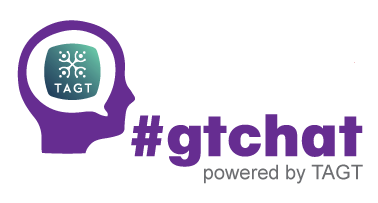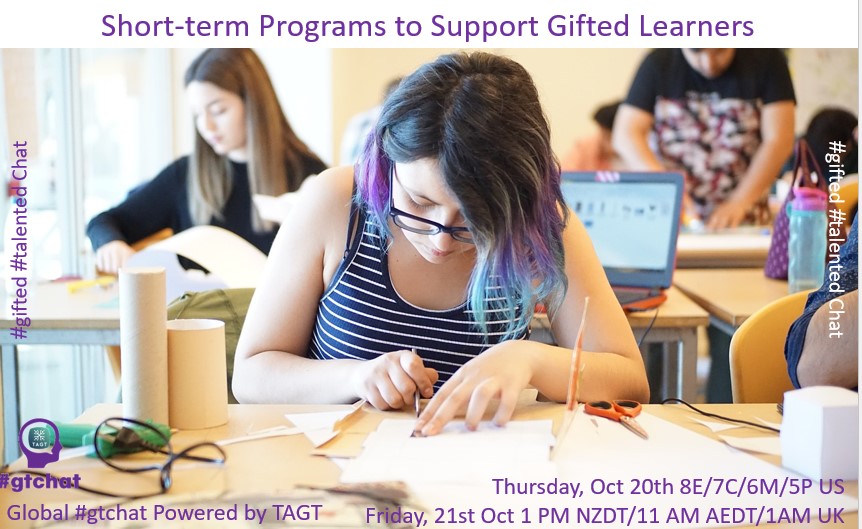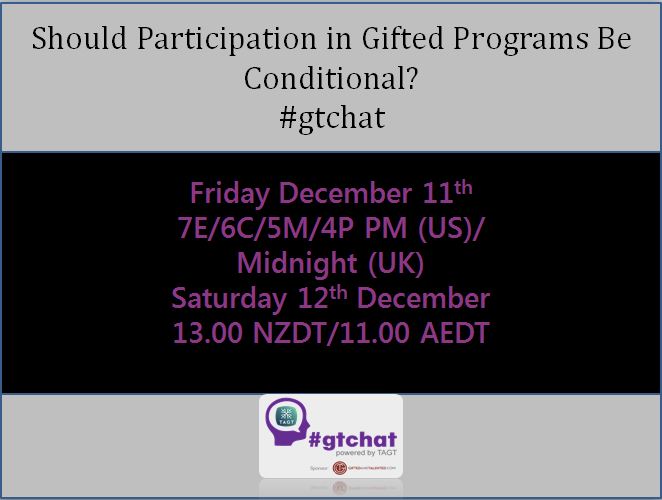How did the Pandemic change how schools approach gifted programs? Although some schools used the Pandemic as an excuse to eliminate gifted programming citing lack of resources and staff, many others found ways to improve how they approach gifted students’ education. After analyzing test scores, student progress, and student interviews, it was found that many GT students thrived during the Pandemic. Flexible, student-centered online learning provided students more time for passion projects and in-depth study of personal interests. Schools have realized the valuable role technology can play in gifted education through virtual campus-wide grouping, field trips, expert speakers, and increased student communication via message boards, Zoom meetings, Google Classroom, and discussion forums.
Effective gifted programs begin with strategic planning using research-based, best practices to build an action plan with strategies to implement goals. Identification through universal testing, local norms, and/or portfolios should match students to services. Quality programs will provide outlets for academically, creatively, and socially gifted students which allow them to excel in areas of talent. Assessments should go beyond traditional grading and seek constructive, written student feedback. GT students should have an opportunity to participate in service learning to gain hand-on experience, to increase interpersonal skills, and to improve self-confidence. This can often be instituted via individualized educational plans.
Program objectives should include time for students to be with intellectual peers, allow them to experience group work, be provided with unique learning experiences, and have access to skills development commensurate with their personal needs. Effective programs include advanced classes; potential for acceleration when warranted; enrichment; and independent, research projects. NAGC programming standards can provide a good basis for effective programs including Assessments, Curriculum and Instruction, Professional Development, Classroom Environment, and Programs.
Most schools provide a modicum of services at the elementary level only to abandon gifted programming at the secondary level. Many consider offering only AP classes as sufficient for advanced students. All students deserve to be challenged in school on a daily basis K-12. GT students do not become ‘ungifted’ in middle and high school. A continuum of services is essential for these students to explore and reach their potential. Gifted programming at the secondary level can include project-based learning, book clubs, Socratic Seminars, mentorships, job shadowing, and independent study; to name just a few.
When should schools consider recalibrating their gifted program? Gifted programs, developed as a continuum of services in response to students’ needs, should be reviewed as part of an ongoing process to insure program goals are being met. The process should be transparent and involve all stakeholders. When deciding if recalibration is necessary, observable outcomes should be compared to outcome goals and expected student achievement levels. Gifted programs should maintain alignment with your district’s strategic plan and mission statement. Ongoing professional development for faculty and staff can greatly improve the quality of program reviews.
What should parents know about gifted programs? What parents should know, but often don’t, is that there is no national (US) gifted education policy. Decisions related to gifted education are relinquished to state and local authorities. Parents have a lot more influence than they may think at first. It’s important to know state law and local school policies. How schools identify gifted students is critical to understand how they educate them. Parents are vital stakeholders in gifted education.
A transcript of this chat can be found at Wakelet.
Global #gtchat Powered by the Texas Association for the Gifted and Talented is a weekly chat on Twitter. Join us Thursdays at 8E/7C/6M/5P in the U.S. and Fridays at 2PM NZDT/Noon AEDT/1AM UK to discuss current topics in the gifted community and meet experts in the field. Transcripts of our weekly chats can be found at Wakelet. Our Meta Page provides information on the chat and news and information regarding the gifted community.
About the author: Lisa Conrad is the Moderator of Global #gtchat Powered by TAGT and Social Media Manager of the Global #gtchat Community. She is a longtime advocate for gifted children and also blogs at Gifted Parenting Support. Lisa can be contacted at: gtchatmod@gmail.com.
Resources:
5 Components to Look for In a Quality Gifted Program
PA: Gifted Education Guidelines (pdf) | PA Department of Education
Best Practices in Gifted Programming (pdf) | Arlington Public Schools (VA)
High-Potential Students Thrive when School Districts Develop Sustainable Gifted Services
Gifted and Talented Best Practices Guidelines: Program Evaluation | SC Department of Education
Rules, Regulations and Policies for Gifted Education | OH Department of Education
Professional Development for Teachers of Gifted Education in Hong Kong: Instrument Validation and Training Effectiveness | International Journal of Environmental Research and Public Health
Gifted and Talented Programs: What Parents Should Know
Evaluating Your Gifted Program: Why? What? How? (pdf)
Gifted Education (pdf) | Most Policy Initiative
Gifted Education Program Options
Using the National Gifted Education Standards for Pre-K–Grade 12 Professional Development (pdf – Sample)
Enrichment and Acceleration: Best Practice for the Gifted and Talented
AUS: High Potential and Gifted Education
Let’s Pivot! Teaching Elementary Gifted and Talented Learners During Emergency Remote Instruction | TEMPO
UK: Gifted And Talented: A Teacher’s Guide
Gifted Program Evaluation: A Handbook for Administrators and Coordinators 2nd Edition
Building a Successful Gifted Program
Image courtesy of Pixabay Pixabay License
Graphic courtesy of Lisa Conrad.








